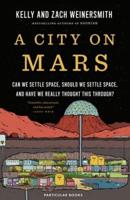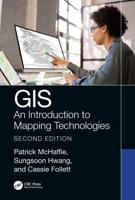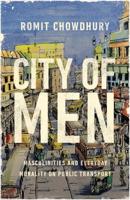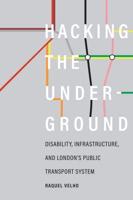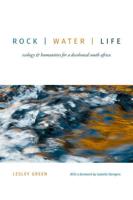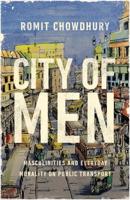Publisher's Synopsis
In 1957, 60,000 scientists from sixty-six countries around the world temporarily erased Earth's artificial borders and joined forces for eighteen months to unlock the mysteries of our home planet. Their shared mission: to explore, measure, map, and study the Earth's geology, oceans, volcanos, and atmosphere, to study the impact of the sun on the Earth's climate, to explore the many ways that human activity affects the health of our planet, and to apply every branch of geophysical science for the first time ever as "a potent force in international affairs." It was The International Geophysical Year (IGY), and the discoveries made during that year established a new foundation for science that affects our lives nearly every day.In The Year Science Changed Everything, author Mark O'Connell charts the struggles and successes of 1957's International Geophysical Year alongside interviews with today's leading environmental scientists to show that the time is right for another global environmental initiative. The IGY lit the fuse to the space race, produced a historic international treaty to protect Antarctica, led to the discovery of the Van Allen radiation belts circling our planet, produced the first map of the underwater Mid-Atlantic Ridge, and spearheaded scientific breakthroughs that have proven foundational to our understanding of the planet. More than a half century later, top climate experts and activists illustrate the political, financial, and media-centered obstacles they face working as individual researchers and fighting against rampant disinformation spread by sectors of the public and even of the scientific community, from Christiana FigueresandTom Rivett-Carnac, who led negotiations for the United Nations during the historic Paris Agreement of 2015, former vice-president and climate activist Al Gore, marine biologist and climate researcher Dr. Wallace J. Nichols, and Sameh Shoukry, President of the 27th session of the Conference of Parties (COP27) to the United Nations Framework Convention on Climate Change (UNFCCC).The idea of global collaboration is as valid now as it was in 1957, and perhaps more necessary than ever to stave off the harmful effects of a deteriorating climate. The Year Science Changed Everything reframes the climate change discussion in a positive way through IGY's example of how to unite scientists, and what we can achieve when we come together for the pursuit of scientific knowledge. .




